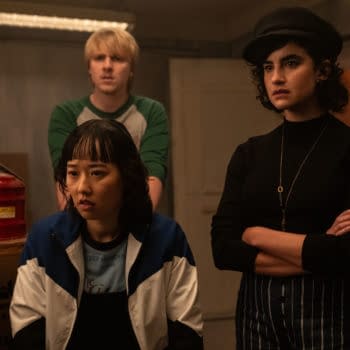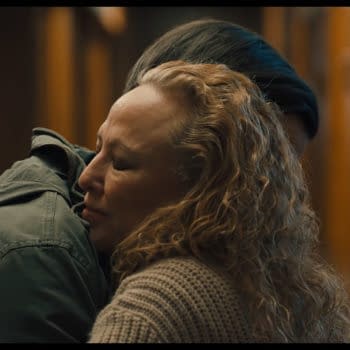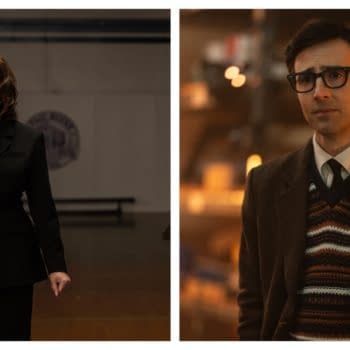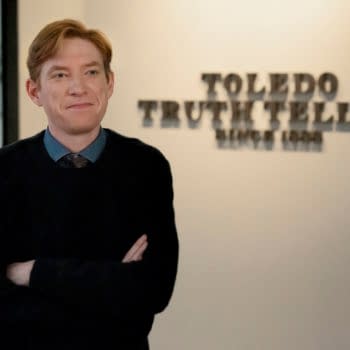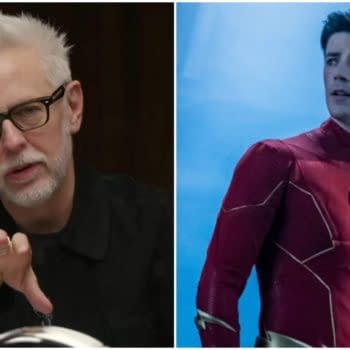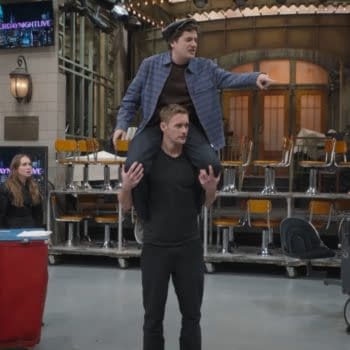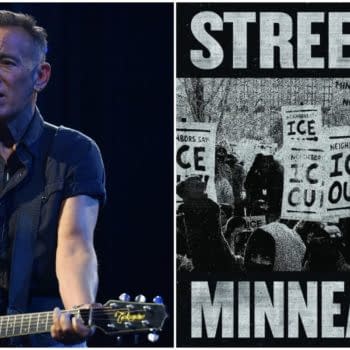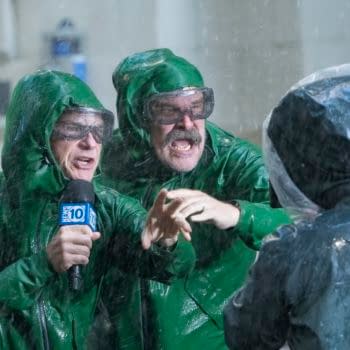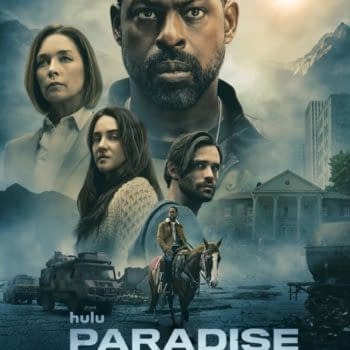Posted in: Game Of Thrones, HBO, TNT, TV | Tagged: game of thrones, HBO, sean bean, snowpiercer, tnt
Snowpiercer Star Sean Bean Not a Big Fan of Intimacy Coordinators
Sean Bean champions himself a little more old school when it comes to sex scenes. The actor is a bit put off by the idea of intimacy coordinators working on such scenes. "It would inhibit me more because it's drawing attention to things," Bean told UK Times Magazine (via Variety). "Somebody saying, 'Do this, put your hands there, while you touch his thing…" Bean, who played Joseph Wilford in the TNT series Snowpiercer and Ned Stark on HBO's Game of Thrones, recalled his own experience in another project he worked on.
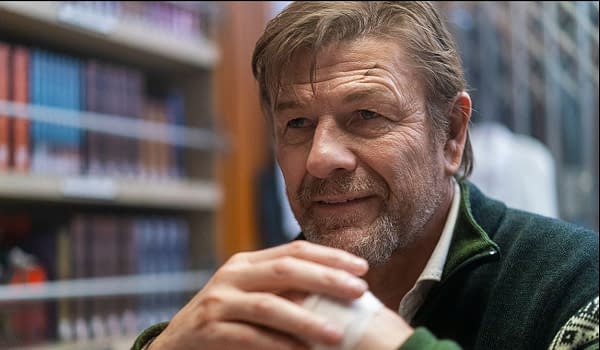
"I think the natural way lovers behave would be ruined by someone bringing it right down to a technical exercise. 'Lady Chatterley's was spontaneous. It was a joy. We had a good chemistry between us, and we knew what we were doing was unusual. Because she was married, I was married. But we were following the story. We were trying to portray the truth of what DH Lawrence wrote." Bean starred in the 1993 miniseries playing Mellors opposite Joely Richardson, who played the title character. Bean recalled one particular season two sex scene in Snowpiercer that involved co-star Lena Hall, a mango, and meddlesome censorship. "I think they cut a bit out, actually," he said. "Often, the best work you do, where you're trying to push the boundaries, and the very nature of it is experimental, gets censored when TV companies or the advertisers say it's so much. It's a nice scene, quite surreal, dream-like, and abstract. And mango-esque."
When it was explained to him the purpose of the intimacy coordinator in order to protect the actors, Bean said, "I suppose it depends on the actress. [Hall] had a musical cabaret background, so she was up for anything." As far as any issues with depictions of sexual violence which Game of Thrones battled its share of controversy, the HBO prequel series House of the Dragon EP and writer Sara Hess says the series will "not depict sexual violence" and instead "handle one instance off-screen, and show the aftermath and impact on the victim and the mother of the perpetrator."






